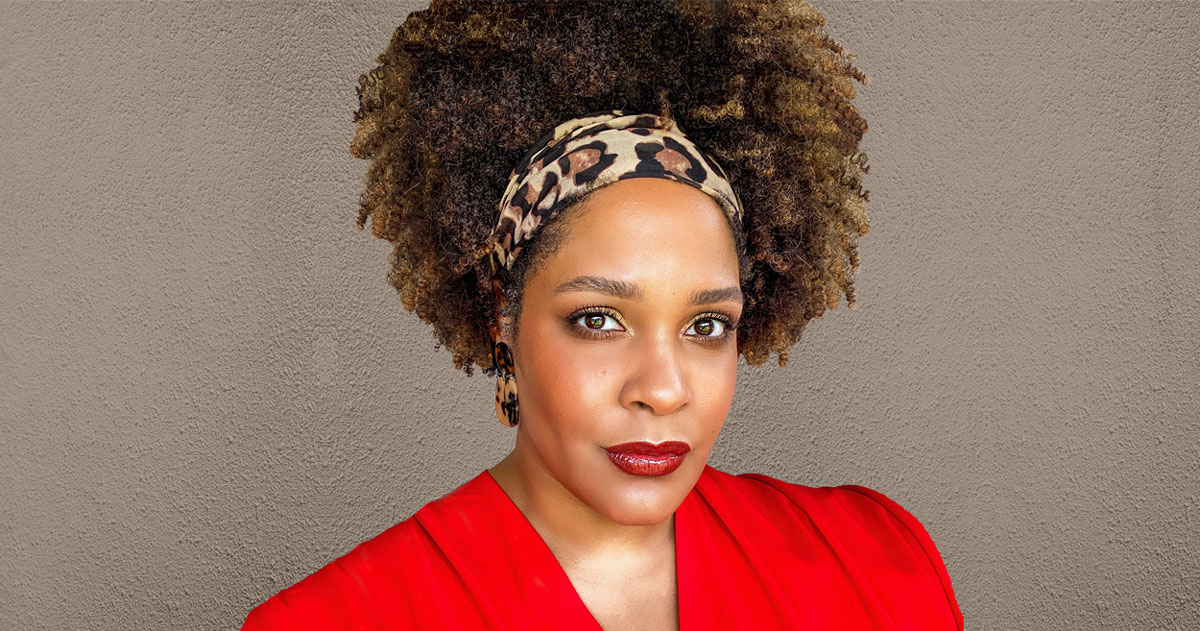So, You Want to Talk About Race? A Conversation with Ijeoma Oluo

Ijeoma Oluo, author of The New York Times bestseller, So You Want to Talk About Race, spoke recently with the Conferences for Women about the difficulties of talking about race with people we are close to, how to maintain a sense of urgency about addressing racial injustice, and more.
Excerpts from the conversation, lightly edited for brevity and clarity, appear below:
Q: You’ve said that many of your white friends were uncomfortable when you first started writing and talking about race. But many other people who you did not know reached out to you. Do you think it is more difficult to discuss race, across racial lines, with people to whom we are close?
Ijeoma Oluo: It’s incredibly difficult to talk with people we are close to about race. As a society, we have put expectations on people of color to bridge whatever gap we have in our relationships.
You see it in TV shows. People of color are always taking blows to remain close. It is expected in intimate relationships, work relationships, close friendships.
The problem then is when you are having a conversation about race, you are setting that aside. And when you don’t live up to that expectation, let go of the agreement, there is a question: Does our relationship still stand?
Often it doesn’t, at least at first. People of color know this. You try it once or twice and see how it ends up. There is always something fraught about it. By your mid-20s, you know it is incredibly difficult.
Many white people don’t get why things are changing. They don’t get the inherent expectations. They don’t get asked to leave part of themselves at the door.
Q: With all the serious issues our nation is dealing with, what are your thoughts about how people can best maintain a sense of urgency around addressing race this year?
IO: It’s vital to look at the workspace and say: How is it someone can be promoted and not advance equity for the team? How is it someone can be culturally incompetent and have a leadership position? How is it someone can celebrate a productive year when none of your customers are people of color? We need to start looking at all of that.
It’s also really, really important to recognize that there is intrinsic value in the lived experiences of people of color that stands alone in the workspace—it’s not just that they are people of color. It is that they have unique skills because they are people of color that need to be valued.
Q: Are you more or less optimistic about the state of race relations than when you wrote your book? And if you were writing it now, would you change anything?
IO: I have the same level of optimism I have always had. I’m a natural optimist but in a really practical way—not like everything will be great. I was influenced by Kurt Vonnegut, who taught me about the ability to be perpetually heartbroken by human beings.
I have the ability to be heartbroken because I am open to it. Every year I say it could be different, and I work toward that. Because it’s not different doesn’t mean it won’t be someday.
Ijeoma Oluo will join Malcolm Gladwell, five-time bestseller; Thomas Friedman, three-time Pulitzer Prize winner; and Rana Foroohar, CNN analyst at the National Workplace Summit on May 6, 2021.
NATIONAL WORKPLACE SUMMIT
Presented by the Conferences for Women
May 6, 2021
